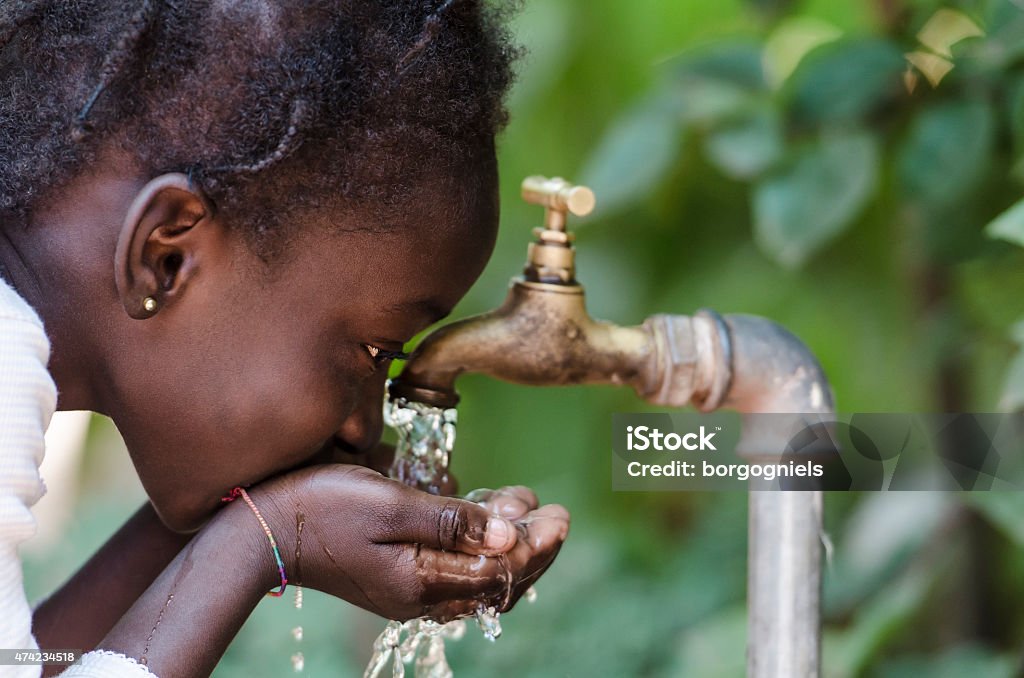
Nigeria! Corporate involvement in clean water access
Enough can never be said about this pain point called, access to clean water in Nigeria. Nigeria’s water crisis has become a persistent challenge that continues to undermine the health, well-being, and economic productivity of millions of its citizens.
CSR REPORTERS frowns that despite being Africa’s most populous nation, access to clean and safe drinking water remains elusive for a significant portion of the population. According to recent reports, over 60 million Nigerians lack access to clean water, and this problem is particularly acute in rural areas and densely populated urban slums.
The consequences of this water scarcity are severe. Poor access to clean water leads to widespread health issues, including waterborne diseases such as cholera, diarrhea, and typhoid fever, which claim thousands of lives each year, particularly among children. The lack of clean water also exacerbates poverty, as women and children in rural areas often spend hours each day fetching water from distant sources, time that could be spent on education or productive work.
Given the gravity of this issue, it is imperative for corporations operating in Nigeria to step up and contribute to alleviating the water crisis through targeted Corporate Social Responsibility (CSR) initiatives. Addressing water scarcity not only has a direct impact on public health and economic development but also aligns with global sustainability goals and enhances the corporate reputation of businesses involved in such efforts.
One of the most effective ways for corporates to make a difference is by investing in water infrastructure projects. This can include the construction of boreholes, the installation of water purification systems, and the development of rainwater harvesting systems in communities that lack access to clean water. These projects, when strategically implemented, can provide sustainable water sources for entire communities, drastically improving their quality of life.
Corporations can also collaborate with local governments and NGOs to rehabilitate existing but dysfunctional water facilities. Many communities have water systems that have fallen into disrepair due to lack of maintenance or technical expertise. By providing the necessary resources and technical support to restore these systems, corporates can ensure that clean water continues to flow to those in need.
Education and awareness campaigns are another crucial aspect of CSR in this area. Corporations can fund programmes that educate communities about the importance of water conservation, proper sanitation, and hygiene practices. These campaigns can be particularly effective in reducing the incidence of waterborne diseases and promoting better health outcomes.
In the same energy, businesses can adopt innovative technologies to address the water crisis. For example, solar-powered water pumps can be used to provide a reliable water supply in off-grid areas. Companies with expertise in technology and engineering can leverage their knowledge to develop low-cost, scalable solutions that can be deployed in water-scarce regions across the country.
Corporate involvement in water-related CSR activities also provides an opportunity for companies to engage their employees and customers in meaningful ways. Employee volunteer programs focused on water projects can enhance team cohesion and corporate culture, while customer-focused initiatives, such as matching donations for water projects, can build brand loyalty and demonstrate the company’s commitment to social responsibility.
Legitimately, corporates should further advocate stronger water management policies and practices at the governmental level. This includes supporting efforts to protect and manage Nigeria’s water resources more sustainably, promoting policies that encourage investment in water infrastructure, and working towards the achievement of the United Nations Sustainable Development Goal 6, which aims to ensure availability and sustainable management of water and sanitation for all.
Honestly, the water crisis in Nigeria is a complex issue that requires a multi-faceted approach, and corporations have a critical role to play. By investing in water infrastructure, promoting education and awareness, leveraging innovative technologies, and advocating for better policies, businesses can make a significant impact on the lives of millions of Nigerians. This is not just a moral imperative but also a strategic one, as ensuring access to clean water is foundational to creating a healthier, more prosperous society in which businesses can thrive.
The time for action is now. Corporates must embrace this challenge as part of their CSR strategy, recognizing that their efforts in this area will yield long-lasting benefits for both the communities they serve and their own long-term success.









